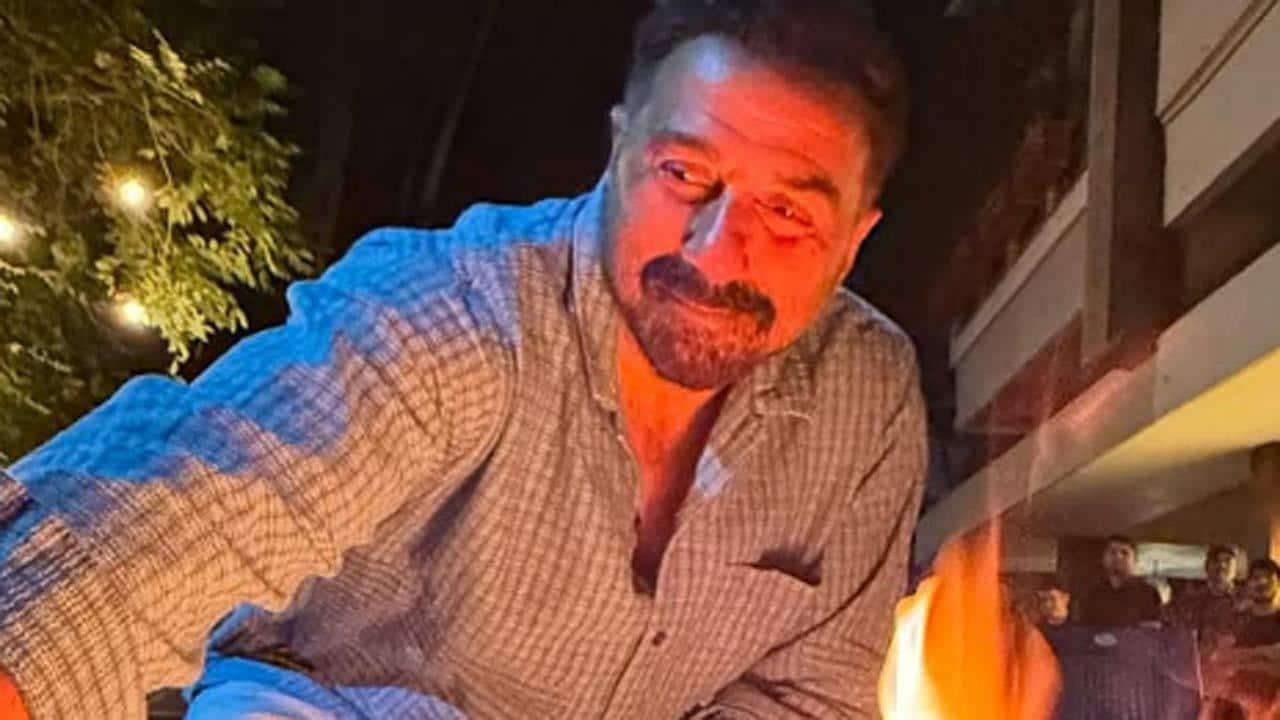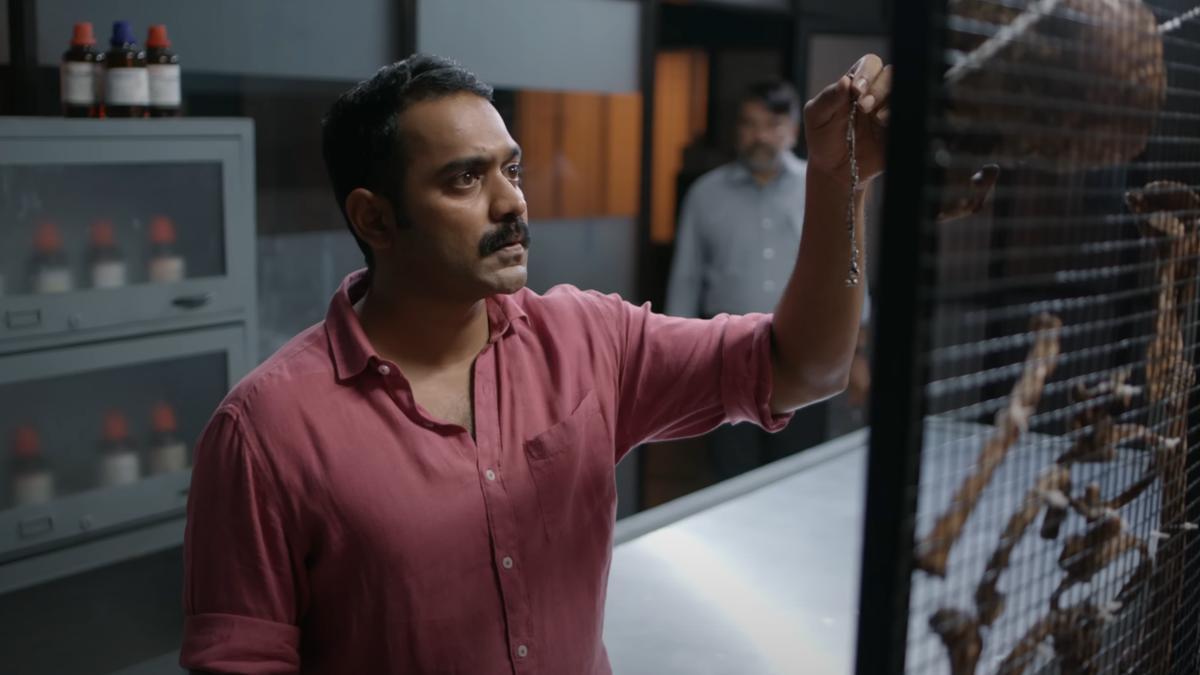
M.T. Vasudevan Nair, often simply known as MT, is a name that has become almost synonymous with Malayalam literature, evoking images, emotions, and characters that are at once universal and deeply rooted in Kerala’s specific time periods. Therefore, it is no surprise that expectations were sky-high when some of Malayalam cinema’s finest filmmakers, actors, and technicians assembled to create the anthology ‘Manorathangal,’ in celebration of MT’s works. Directed by showrunner Priyadarshan, this collection aims to pay homage to the legendary writer, who at 91, remains an indomitable force in Indian literature.
Introduced by none other than Kamal Haasan, each episode of ‘Manorathangal’ takes the audience on a journey through MT’s incredible storytelling. However, as one progresses through the anthology, it’s inevitable to draw comparisons with the numerous films from the 1970s and ‘80s based on MT’s scripts. Those films, many of which have aged remarkably well, captivated audiences with their seamless performances, organic narrative arcs, and the directors’ skillful handling of complex emotions despite limited resources. Unfortunately, these strengths sharply contrast some entries in this contemporary anthology.
In ‘Manorathangal,’ Priyadarshan both opens and closes the series, resulting in mixed outcomes. His initial offering, ‘Shilalikithangal,’ paints a bleak and unflinching portrait of a man, played by Biju Menon, who has distanced himself from even the barest remnants of humanity. The story steadily reveals the man’s dark nature through his interactions, starkly contrasting his daughter’s natural kindness. Priyadarshan’s subtle touches elevate the narrative, making it profoundly impactful.
However, Priyadarshan’s attempt to recreate ‘Olavum Theeravum’ fails to achieve the same success. The original film, directed by P. N. Menon in 1970, marked a significant departure from the mainstream films of the time, venturing into realistic cinema in Malayalam. The remake feels anachronistic and leaves one questioning the rationale behind reviving a classic if it’s not to offer a new perspective. The age-inappropriate casting further detracts from its authenticity.
The anthology does contain some standout moments. Ranjith’s ‘Kadugannava, Oru Yathra Kurippu’ is a compelling piece with autobiographical touches.
. This segment stars Mammootty as journalist Venugopal, juxtaposing his present-day visit to Sri Lanka with childhood memories of his father’s tumultuous return home with a Sri Lankan girl. The narrative, reminiscent of Ranjith’s finest work from his ‘Kaiyyoppu’ days, leaves the audience yearning for a longer episode.
Mahesh Narayanan’s ‘Sherlock,’ featuring Fahadh Faasil, emerges as the anthology’s crowning jewel. Even for those familiar with the story, the peculiar interactions between Balu, a man rebuilding his life in an unfamiliar land, and his seemingly clairvoyant pet cat are thoroughly engaging. The film flawlessly encapsulates contemporary struggles of alienation and loneliness, resonating deeply with modern viewers.
Shyamaprasad’s ‘Kazhcha’ tackles the issue of personal space in a compelling narrative featuring Sudha, portrayed by Parvathy Thiruvothu. Striving for a room of her own to nurture her interests, Sudha battles the oppressive presence of her philistine husband (Narain) and societal judgment. This segment successfully calls attention to the often-overlooked struggle for autonomy within marital relationships.
On the less impactful side, Aswathy V. Nair’s ‘Vilpana’ squanders an intriguing premise. The story of a middle-aged woman (Madhoo) finding an innovative way to combat angst and loneliness lacks the finesse to fully realize its potential. Similarly, Rathish Ambat’s ‘Kadalkattu,’ detailing the inner turmoil of a man (Indrajith) leading a double life and his wife Bharathi’s (Aparna Balamurali) struggles, fails to leave a lasting impression.
Santosh Sivan’s ‘Abhayam Thedi Veendum’ stands out for all the wrong reasons. Its incoherent narrative renders it the most perplexing entry in the anthology. On the other hand, Jayaraj’s reimagining of ‘Aalkoottathil Thaniye’ finds redemption through powerful performances by Indrans and Nedumudi Venu, salvaging an otherwise ordinary retelling.
Facing the monumental task of adapting MT’s intricate literary works for the screen, some directors in ‘Manorathangal’ appear overly intimidated, unable to experiment or contemporize the timeless stories. Dialogues that might otherwise resonate fall flat due to their delivery.
In sum, ‘Manorathangal’ remains an uneven anthology, comprising a mix of hidden gems and notable disappointments. While the stories themselves withstand the test of time, whether this collection of films will endure similarly remains uncertain. ‘Manorathangal’ is currently available for streaming on ZEE5.










